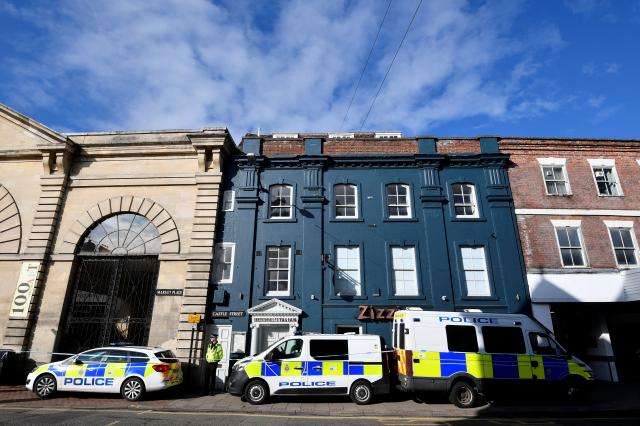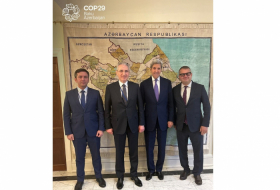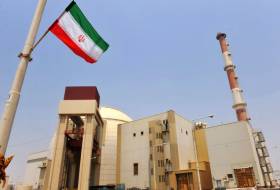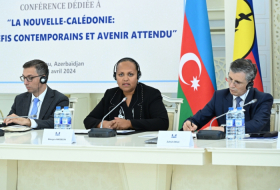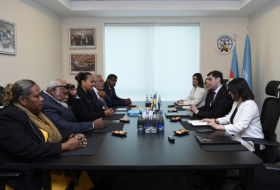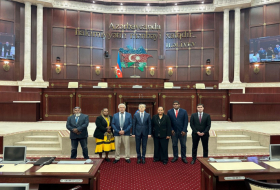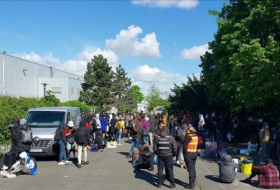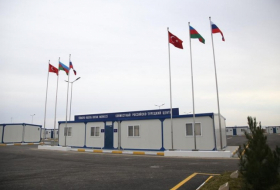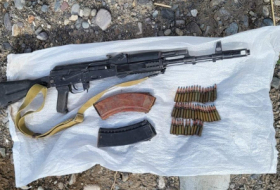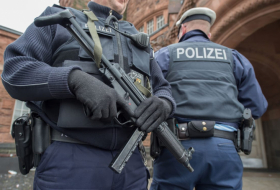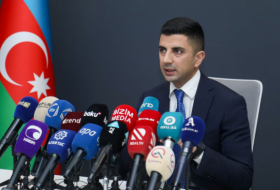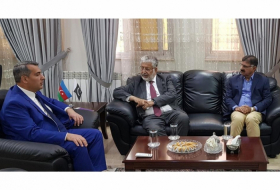Sergei Skripal, once a colonel in Russia’s GRU military intelligence service, and his 33-year-old daughter, Yulia, were found slumped unconscious on a bench outside a shopping center in the southern English city of Salisbury on Sunday afternoon.
Both remain critically ill in intensive care.
“The focus at this time is to establish what has caused these people to become critically ill,” Assistant Commissioner Mark Rowley, Britain’s top counter-terrorism officer, said.
“This investigation is at the early stages and any speculation is unhelpful at this time,” said Rowley.
Counter-terrorism police are leading the investigation and Britain’s military research laboratory at Porton Down is trying to identify the substance which caused Skripal, 66, and his daughter to collapse.
The suspected poisoning prompted Foreign Secretary Boris Johnson to say on Tuesday that if Russia were behind the incident then Britain could look again at sanctions and take other measures to punish what he cast as a “malign and disruptive” state.
Russia denied any involvement, scolded Johnson for “wild” comments and said anti-Russian hysteria was being whipped up intentionally to damage relations with London.
A source close to the investigation said that Russian involvement in the Skripal poisoning was just one of the versions being looked at by counter-terrorism investigators with assistance from the MI5 domestic intelligence agency.
Police said new cordons had been added near Solstice Park, a business park, in the nearby town of Amesbury. They have sealed off the area of Salisbury where Skripal was found as well as the Zizzi pizza restaurant where they dined and the Bishop’s Mill pub where they had a drink.
Some emergency workers were treated after the incident and one remains in hospital.
“NEED TO DETER RUSSIA”
The British capital has been dubbed “Londongrad” due to the large amounts of Russian wealth which have flowed westwards since the 1991 fall of the Soviet Union. It is the Western city of choice for many oligarchs from the former Soviet Union.
Britain has specifically drawn parallels with the 2006 murder of ex-KGB agent Alexander Litvinenko who was killed with radioactive polonium-210 in London.
A previous British inquiry said Russian President Vladimir Putin probably approved the murder of Litvinenko, who died after drinking green tea laced with the rare and very potent radioactive isotope at London’s Millennium Hotel.
It took three weeks for British doctors to ascertain that Litvinenko had been poisoned by polonium-210 by which time he was at death’s door.
Russia denied any involvement in the death of Litvinenko, which the British inquiry said had been hatched by the Federal Security Service (FSB), the main successor to the Soviet-era KGB.
Former British defense minister Michael Fallon called for a stronger response if Russia was involved in the Skripal affair.
“We’ve got to respond more effectively than we did last time over Litvinenko. Our response then clearly wasn’t strong enough,” Fallon told Reuters. “We need to deter Russia from believing they can get away with attacks like this on our streets if it’s proved.”
Litvinenko’s murder sent Britain’s ties with Russia to what was then a post-Cold War low. Relations suffered further from Russia’s annexation of Crimea and its military backing for Syrian President Bashar al-Assad.
Maria Zakharova, a spokeswoman for Russia’s foreign ministry, said attempts to link Russia to the Skripal incident looked designed to worsen relations between London and Moscow.
Moscow says anti-Russian hysteria is being whipped up without any evidence to show its involvement in the Skripal case. Russia holds a presidential election on March 18, which polls show Putin should comfortably win.
Skripal, who passed the identity of dozens of spies to the MI6 foreign intelligence agency, was given refuge in Britain after being exchanged in 2010 for Russian spies caught in the West as part of a Cold War-style spy swap at Vienna airport.
Russia’s FSB arrested Skripal in 2004 on suspicion of betraying dozens of Russian agents to British intelligence. He was sentenced to 13 years in prison in 2006 after a secret trial.
More about:








